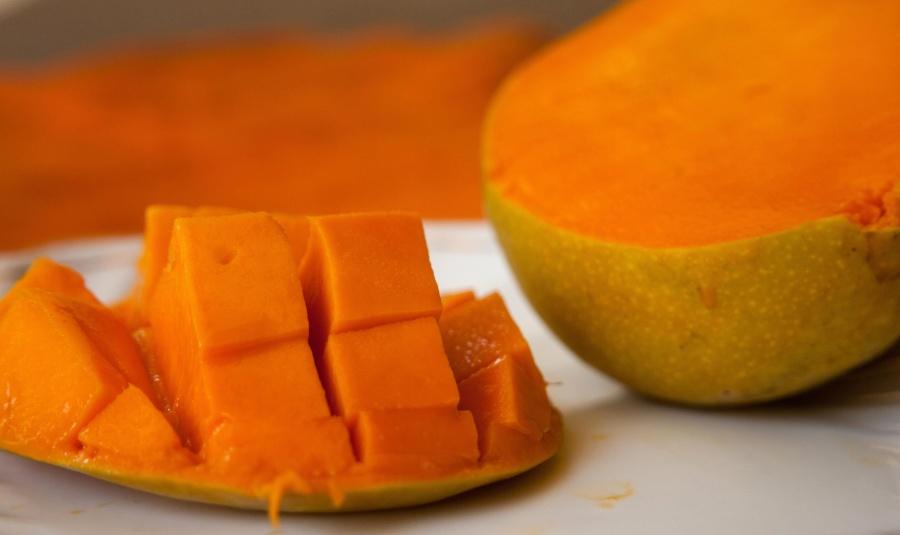Over one hundred fruit pickers from the Pacific Island nation of Vanuatu will arrive in Darwin, Northern Territory on Tuesday to help ensure that Australia’s mango harvest does not go to waste for the summer season.
Paul Burke, the Northern Territory Farmers Association chief executive, said the arrival of 162 fruit pickers was just in time for mango farmers who were facing a severe season farmworker shortage that would have resulted in economic difficulties for the growers.




